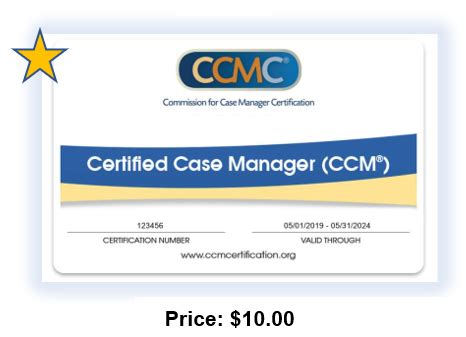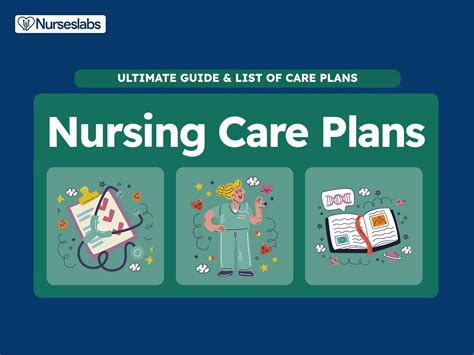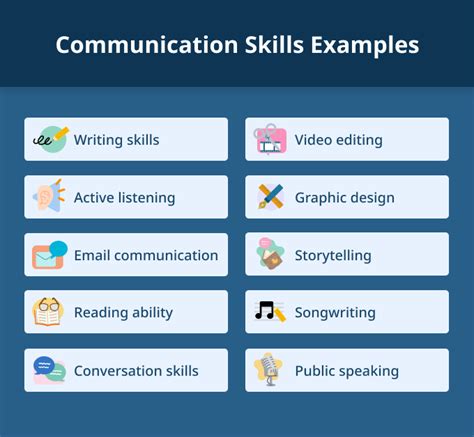Intro
Unlock a fulfilling RN case manager career with our 7-step guide. Discover how to excel in this in-demand role, leveraging skills in patient advocacy, care coordination, and healthcare navigation. Learn to thrive in this rewarding field, making a meaningful impact on patient outcomes and healthcare systems, while advancing your nursing career.
The demand for skilled and compassionate healthcare professionals has never been higher, and a career as a Registered Nurse (RN) Case Manager can be a highly rewarding and challenging profession. RN Case Managers play a vital role in the healthcare system, working with patients, families, and healthcare teams to ensure that patients receive high-quality, patient-centered care. If you're interested in pursuing a career as an RN Case Manager, here are seven steps to help you achieve your goal.
Step 1: Earn a Nursing Degree and Gain Experience

To become an RN Case Manager, you'll need to start by earning a nursing degree. You can choose from several options, including an Associate's degree in nursing (ADN), a Bachelor's degree in nursing (BSN), or a Master's degree in nursing (MSN). While an ADN can provide a foundation for a nursing career, many employers prefer or require a BSN or higher for RN Case Manager positions.
In addition to formal education, gaining experience in the nursing field is essential. Most employers require RN Case Managers to have at least one to two years of experience in a clinical setting, such as a hospital, clinic, or long-term care facility.
Key Skills to Develop:
- Strong communication and interpersonal skills
- Ability to work independently and as part of a team
- Critical thinking and problem-solving skills
- Knowledge of healthcare systems and policies
- Compassion and empathy for patients and families
Step 2: Obtain Certification as a Case Manager

Certification is not always required for RN Case Managers, but it can be highly beneficial for career advancement and demonstrating expertise. The Commission for Case Management Certification (CCMC) offers the Certified Case Manager (CCM) credential, which is widely recognized in the industry.
To become certified, you'll need to meet the eligibility requirements, which include:
- A current RN license
- A minimum of one year of case management experience
- Completion of a case management education program
Benefits of Certification:
- Enhanced job prospects and career advancement opportunities
- Increased earning potential
- Demonstrated expertise and commitment to the profession
- Staying current with industry developments and best practices
Step 3: Develop Strong Assessment and Care Planning Skills

As an RN Case Manager, you'll be responsible for assessing patients' needs and developing individualized care plans. This requires strong assessment skills, including:
- Identifying patient strengths and weaknesses
- Recognizing potential health risks and complications
- Developing comprehensive care plans that address physical, emotional, and social needs
You'll also need to stay up-to-date with evidence-based practices and industry guidelines, such as those from the Case Management Society of America (CMSA).
Key Assessment Tools:
- The Omaha System
- The North American Nursing Diagnosis Association (NANDA) taxonomy
- The Case Management Society of America (CMSA) standards of practice
Step 4: Build Strong Communication and Interpersonal Skills

Effective communication and interpersonal skills are essential for RN Case Managers, who work with patients, families, healthcare teams, and community resources. You'll need to be able to:
- Communicate complex information in a clear and concise manner
- Build trust and rapport with patients and families
- Collaborate with healthcare teams to develop and implement care plans
- Negotiate with payers and providers to secure necessary resources
Key Communication Strategies:
- Active listening
- Empathy and compassion
- Clear and concise language
- Respect for cultural and individual differences
Step 5: Stay Current with Industry Developments and Best Practices

The healthcare industry is constantly evolving, with new technologies, treatments, and policies emerging regularly. As an RN Case Manager, you'll need to stay current with industry developments and best practices, including:
- Changes in healthcare policy and legislation
- Advances in medical technology and treatments
- Evidence-based practices and research findings
- Emerging trends and innovations in case management
Key Resources:
- Professional organizations, such as the Case Management Society of America (CMSA)
- Industry publications and journals
- Conferences and workshops
- Online courses and webinars
Step 6: Pursue Advanced Education and Training

While a BSN or higher is often required for RN Case Manager positions, pursuing advanced education and training can be beneficial for career advancement and professional development. Consider pursuing a Master's degree in nursing or a related field, or completing a post-graduate certificate program in case management.
Key Benefits:
- Enhanced career prospects and advancement opportunities
- Increased earning potential
- Demonstrated expertise and commitment to the profession
- Staying current with industry developments and best practices
Step 7: Join Professional Organizations and Network with Colleagues

Joining professional organizations and networking with colleagues can be a great way to stay current with industry developments, share best practices, and advance your career. Consider joining organizations such as the Case Management Society of America (CMSA) or the American Nurses Association (ANA).
Key Benefits:
- Access to industry events and conferences
- Opportunities for professional development and continuing education
- Networking opportunities with colleagues and industry leaders
- Staying current with industry developments and best practices
By following these seven steps, you can set yourself up for success as an RN Case Manager and enjoy a rewarding and challenging career in this field.
What is the typical salary range for an RN Case Manager?
+The typical salary range for an RN Case Manager can vary depending on factors such as location, experience, and industry. However, according to the Bureau of Labor Statistics, the median annual salary for RNs was $76,840 in May 2020.
What are the most important skills for an RN Case Manager to have?
+Some of the most important skills for an RN Case Manager to have include strong communication and interpersonal skills, critical thinking and problem-solving skills, and the ability to work independently and as part of a team.
How can I get started in a career as an RN Case Manager?
+To get started in a career as an RN Case Manager, you'll need to earn a nursing degree and gain experience in the field. Consider pursuing certification as a case manager and developing strong assessment and care planning skills.
We hope this article has provided you with valuable insights and information to help you pursue a rewarding career as an RN Case Manager. Remember to stay current with industry developments, build strong relationships with colleagues and patients, and continuously develop your skills and knowledge to succeed in this field.
